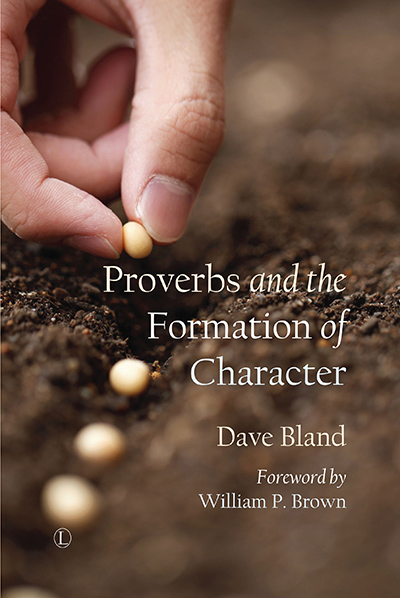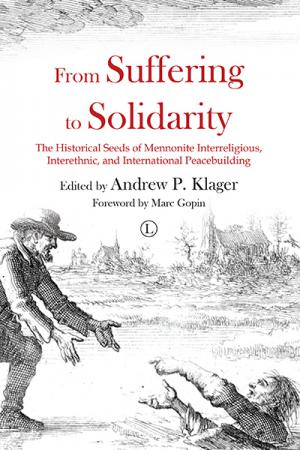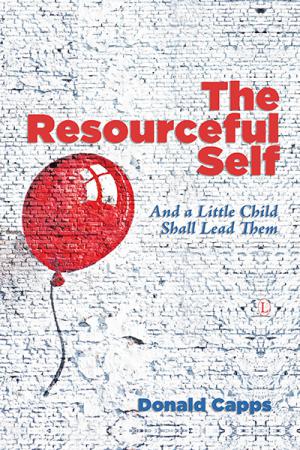Description
Proverbs and the Formation of Character presses the wisdom of Proverbs into active duty in the trenches of everyday life and puts the principles of character formation in working clothes. The wisdom Proverbs describes is not designed to master life’s challenges but to learn to manage them and adapt. In learning to adapt, individuals grow and mature spiritually. Relying on solid biblical scholarship, Dave Bland brings to the fore the neglected sentence literature in Proverbs 10-29 and the vital resources they contribute to the process of character formation.
Contrary to popular opinion, the Book of Proverbs, even though addressed to youth, is not a book solely for the young, but for those of all ages who desire to continue to grow personally, as well as in their relationship with others and God. The wise in the book of Proverbs employ a plethora of resources to help train up young and old alike to grow into the character of God. Among others, these resources include the value of interacting with others, a healthy understanding of conflict, an appropriate perspective on wealth, a new appreciation for and reliance on the role of the neglected proverb in the education process, and the vital role of family and the faith community.
About the Author
Dave Bland is Professor of Homiletics at Harding School of Theology in Memphis.
Contents
Foreword by William P. Brown
Preface
1. The Journey of Character Formation
2. The Process of Character Formation
3. The Content of Character Formation
4. The Proverb in Character Formation
5. Character Formation through Human Dialogue: (Proverbs 27:14-19)
6. Language and Character Formation: (Proverbs 25:11-15; 26:1-9)
7. Wealth and Character Formation: (Proverbs 15:13-17 and Select Proverb Pairs)
8. Yahweh and Character Formation: (Proverbs 15:33—16:9)
9. Community and Character Formation: (Proverbs 22:6; 31:10-31)
Bibliography
Endorsements and Reviews
Dave Bland has written a compelling study of the book of Proverbs to which attention will be paid. His discussion is closely text-based and the reader will learn a great deal both about the Bible and about current scholarship on the Bible. Bland engages critically with contemporary analyses of narcissistic autonomy in our society, and advocates ‘character formation’ as a definitive antidote to the collapse of the responsible self. He has written a book that is pedagogically alert, that invites us into the thickness and dynamism of the Proverbs as a guide for our work of nurture. His book pivots on the important interface between the biblical offer and the crucial human issues that we face in our society.
Walter Brueggemann, William Marcellus McPheeters Professor Emeritus of Old Testament, Columbia Theological Seminary
It is heartening to see Bland draw attention to the transforming power of wisdom in the relational dimensions (humans to humans, and humans to God) and on the essence of wisdom, i.e., the fear of Yahweh. Bland has made a valuable contribution by adopting multiple disciplines to shed light on the sentence literature.
Kai-Wen Karen Yuan, in Journal for the Study of the Old Testament, Vol 42, Issue 5






